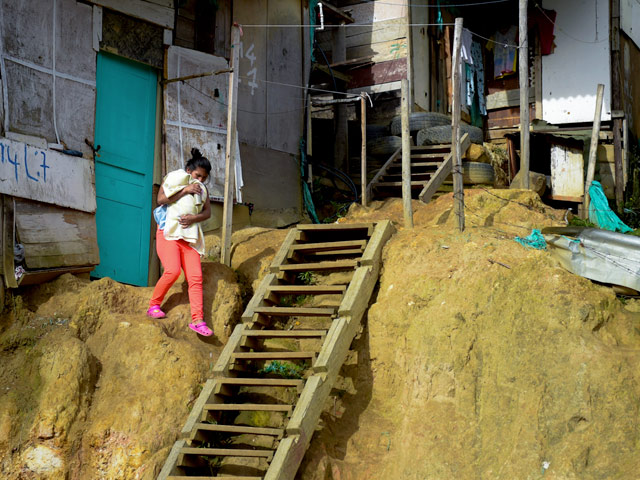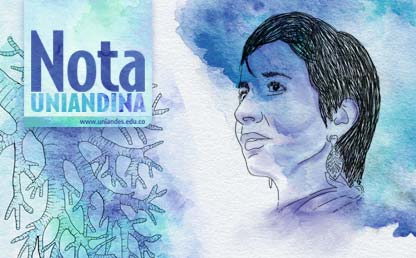
The Universidad de los Andes and four other international universities are carrying out a research project that is looking to strengthen public policies for young people.
According to Phillipp Hessel, professor in the School of Government at the Universidad de los Andes, for young people, growing up in poverty not only affects their opportunities in life, but it also increases the risk of suffering from mental health issues.
This concern led Los Andes to join the Chances-6 research project that looks to improve young people’s opportunities in life.
Hessel explains that it is necessary to find out more about the link between poverty and mental health to reduce risks. This is even more important when, according to the 2015 National Mental Health Survey, a third of adolescents in Colombia (35 percent) grow up in poverty, and 12 percent of young people between 12 and 17 are affected by mental health disorders.
According to Crick Lund, a professor at King’s College London, and one of the researchers on this project, researchers are trying to break this vicious cycle by taking it into consideration that people who suffer from mental illnesses can face disabilities, exclusion, and high costs of medical care, which keeps them in poverty.
The research project involves experts in mental health and poverty and is being undertaken simultaneously in six countries: Brazil, Colombia, South Africa, Liberia, Malawi, and Mexico. Researchers from the London School of Economics and Political Science, King’s College London, the University of Sao Paulo, the University of Cape Town, and the Universidad de los Andes are taking part in the project.
Chances-6 is looking to analyze the processes that have an influence on young people’s long-term mental-health and economic prosperity as well as the impacts of social programs. Despite the difficulties, the research is also endeavoring to provide solutions and recommendations about existing programs to increase opportunities for young people.
This is the case of the popular Jóvenes en Acción public policy that addresses poverty in Colombia and in other low and middle-income countries. According to Hessel, evaluations of these programs have found promising social and economic effects, but they have never considered the impact on mental health.
To break the link between poverty and its incidence on young people’s mental health, researchers will interview people involved in policies for young people, hold focus groups, and interview young people and their families from the six mentioned countries.
The figures: young people’s mental health

To protect and promote child development in communities affected by violence as well as fostering love and early childhood care in Colombia, professor

For forty years, the dangers of asbestos have been widely known internationally. However, in Colombia, it was not possible to convince several congres

An approach to this complex reality using professor Dian Gómez’s (who works in the Cider) analysis.
Otras noticias
Share


